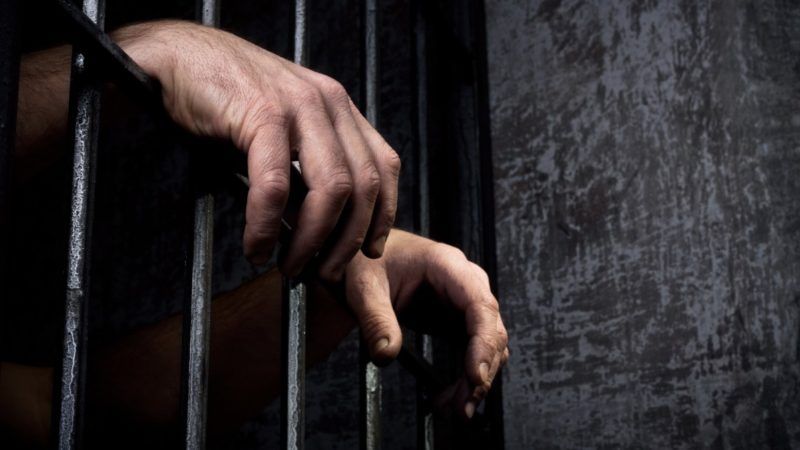Celebrity Criminals Are Leaving Prison Early Because of COVID-19. What About the Drug Offenders?
If officials want to ease the burden of the pandemic behind bars, there are hundreds of thousands of inmates who can help them do it.

Several celebrity prisoners have made headlines this month after they were released from incarceration early in an effort to reduce the spread of COVID-19 within jails and prisons.
Tom Noe, an Ohio Republican operative who was sentenced to 18 years after stealing $13 million from a rare coin fund and illegally funneling money to George W. Bush's reelection campaign; Ray Nagin, a former New Orleans Mayor sentenced to 10 years for corruption charges including wire fraud, bribery, and tax evasion; and Michael Avenatti, the celebrity lawyer who was charged with embezzling $300,000 from porn-star-turned-alleged-Trump-mistress Stormy Daniels and extorting $20 million from Nike, are just a few celebrities who have benefitted from commutations, early releases, or, in Avenatti's case, temporary release.
These releases are smart. Neither Noe, Nagin, nor Avenatti poses a danger to the wider public. Corrections facilities, meanwhile, do pose a threat. Most are unable to implement basic recommendations to combat the rapid spread of COVID-19. Many facilities are overcrowded and lack access to adequate medical care and personnel, all problems that are exacerbated during a pandemic. Faced with few options, states are doing what they can to reduce their prison populations.
The news of these releases is an opportunity to push for the speedy and early release of other types of nonviolent offenders, such as drug offenders.
Last month, the Prison Policy Initiative released its annual breakdown of the U.S. incarcerated population, now some 2.3 million people. It found, as it does each year, a disturbingly high number of inmates in state and federal prisons for drug offenses.
At the federal level, 78,000 people are incarcerated for drug offenses compared to 13,000 people serving sentences for violent crimes. At the state level, violent offenders outnumber drug offenders, but there are still 191,000 inmates in state prison serving time for drug offenses, 45,000 of them only for possession. There are also more people sitting in local jails for drug crimes (37,000) than violent crimes (34,000). Another 120,000 people are sitting in jail waiting for their day in court.
Keeping those people behind bars during the COVID-19 crisis is a recipe for tragedy.


Show Comments (45)